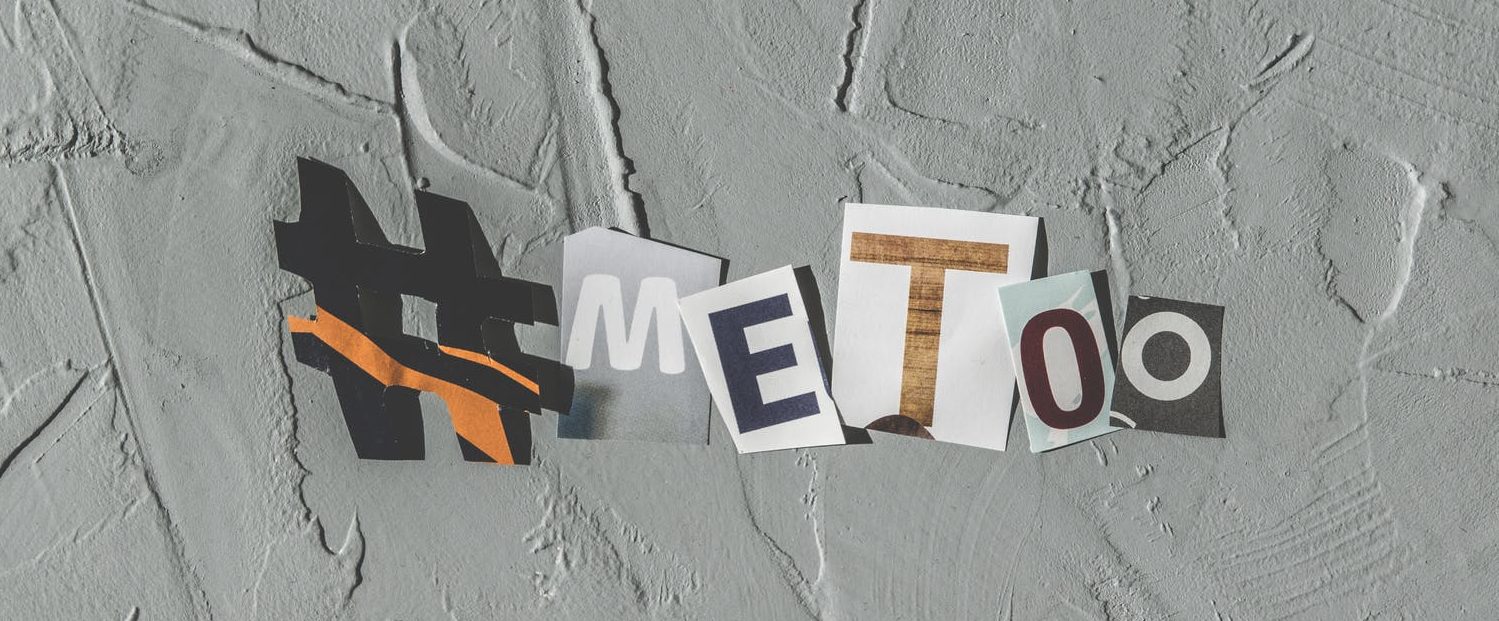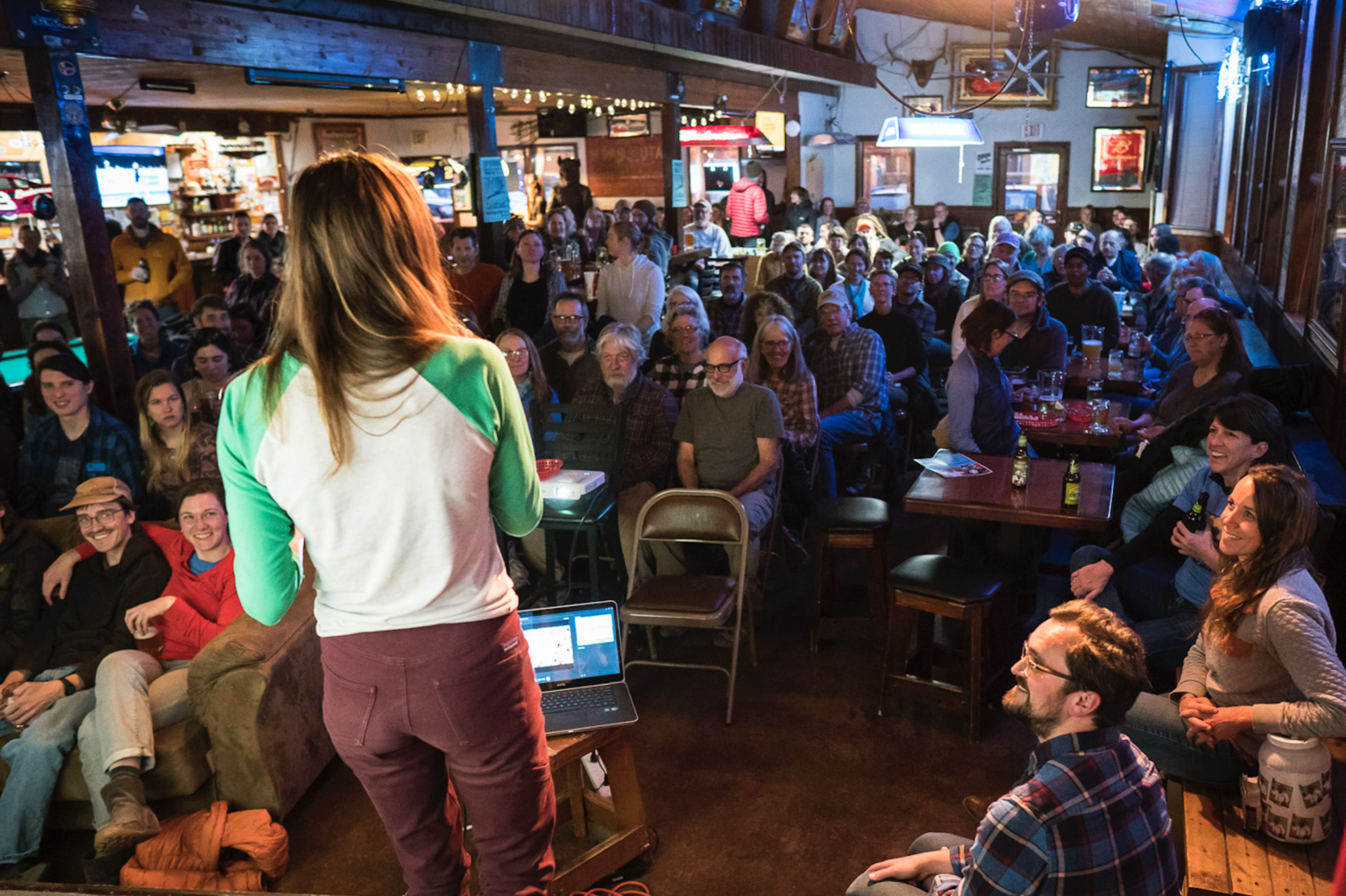Some information may be outdated.
This story contains mentions of sexual violence.
A study conducted in 2018 by the Utah Department of Health found that in Utah, one in six women and one in 25 men experience rape or attempted rape in their lifetime. Rape is the only violent crime in Utah that’s higher than the national average.
April is sexual assault awareness month. Seekhaven Family Crisis and Resource Center, a Moab nonprofit that assists survivors of domestic and sexual violence, has planned three events to honor victims of sexual violence and spark conversations about prevention efforts.
Of the 830 clients Seekhaven has served in the past five years, 267 of those (32%) had experienced sexual abuse; of the 363 clients served in the past year, 126 identified an experience of sexual abuse. Abigail Taylor, executive director at Seekhaven, said that number is lower than the reality— “many individuals may not remember abuse from their childhood, or because they blacked out due to a trauma response, being drugged, or substance use.”
During sexual assault awareness month, Seekhaven wants to “garner awareness for the community,” Taylor said.
“We want the community to understand how prevalent sexual assault is, what it can look like and what services are available,” she said.
The first event is a temporary exhibit at the Moab Museum, “What Were You Wearing?” which displays the stories of people in Moab’s community who were sexually assaulted, alongside recreations of the clothing items they were wearing at the time. The exhibit is meant to destroy the victim-blaming mentality that commonly surrounds sexual assault and make a point that it can happen to anybody, says Morgan Flynn, outreach manager at Seekhaven.
“We have had a lot of really powerful submissions, and I think it’s definitely going to be very impactful,” Flynn said. “I’m just so grateful that people in the community feel safe enough to share their stories, especially in a small town. It can be really scary to share that type of information in such a public space.”
Taylor said another aspect of the exhibit is to show survivors they’re not alone, and the assault isn’t their fault.
“It’s easier to grasp onto that shame, and it’s harder to release it, until you know that you’re not the only one,” she said. “That sense of community, to say, ‘I’m not the only one,’ or ‘I’ve gone through something like that too’ is really important.”
The exhibit will be on display at the Moab Museum (118 E. Center St.) from April 4-18.
The second event is a candlelight vigil at the Sun Court, located on Center St. The vigil will be held to remember those who have been victims of sexual assault and domestic violence and will be held on April 7 from 8 to 8:30 p.m.
The third event is a campfire cookout from 6 to 8 p.m. on April 15 at Old City Park. The cookout is to create a sense of community, Taylor said—she wants to provide a space for survivors to tell their stories and discuss prevention efforts.
Seekhaven has gone through significant changes in the past five years Taylor has worked there, she said—in response to an influx of need, the staff and operating budget have doubled. Seekhaven’s services to survivors include emergency shelter, crisis support, counseling referrals, legal advocacy, and financial assistance; the staff also works with clients to provide a “safety plan,” which details plans for how a client can find a safer situation.
This year, Taylor said, Seekhaven is focused on building a relationship with the new leaders of local law enforcement—the Moab Police Department is looking for a new police chief, and the Grand County Sheriff is electing a new sheriff. She wants law enforcement first to know to contact Seekhaven, and second to be aware of how to handle sexual assault cases. In August 2021, Moab police officers violated both state and department policy when they responded to a domestic violence dispute between Brian Laundrie and Gabby Petito.
As reported by the Salt Lake Tribune in 2021, a study found that in Salt Lake County, only one in ten sexual assault cases end in a conviction. Further, it found that from 2003-2011, 66% of sexual assault cases were stopped at police agencies.
Seekhaven is keeping an eye on a few other issues, including the Utah State University campus—sexual assault on college campuses is typically higher than in other locations, and Seekhaven is actively working with USU to make sure its staff is educated—and Moab’s housing crisis.
“Sexual assault can cause homelessness,” Flynn said. Victims of domestic and sexual assault sometimes have to choose between staying in an unsafe space and having nowhere to go. “And then also, people who are experiencing homelessness are at a much higher risk of experiencing sexual assault. It’s this vicious cycle.”
Cora Philips, the prevention coordinator at Seekhaven, offers free courses to employers in the outdoor recreation and tourism industry about sexual assault prevention through bystander intervention.
“I think people really want to make a difference, and stop their friends from being hurt,” Philips said. “And this is a great opportunity, something they can latch onto to be successful.”
“Our goal is to connect with community members, let them know that we’re here,” she said. “We want to really give them tools for success, to be able to go out into the community and take some of these protective factors with them, this knowledge with them, to be able to counteract harassment and violence in the Moab community.”
Appreciate the coverage? Help keep local news alive.
Chip in to support the Moab Sun News.





